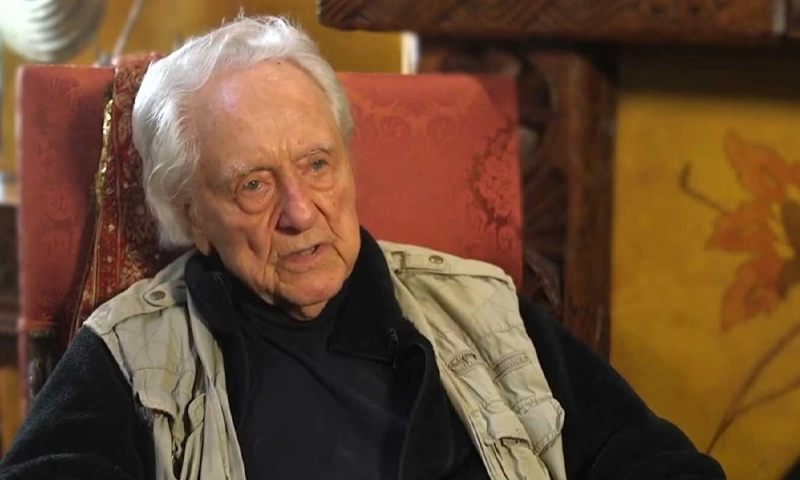WASHINGTON: Gerry Spence, one of America’s most celebrated trial lawyers who claimed never to have lost a criminal case and who secured a landmark $10.5 million verdict for the family of whistleblower Karen Silkwood, has died at the age of 96, his law firm announced.
Known for his fringed buckskin jackets, Stetson hats, and folksy courtroom style, Spence built a reputation as a fierce defender of ordinary people against powerful institutions. Gerry Spence also represented high-profile figures, including former Philippine first lady Imelda Marcos, whom he successfully defended against racketeering charges.
Spence’s career was filled with multimillion-dollar verdicts, including a $52 million judgment against McDonald’s Corp. and record damages against an insurance company. At Ruby Ridge in 1992, he argued that white separatist Randy Weaver had acted in self-defense during a deadly standoff with federal agents.
But it was the 1979 Silkwood trial that cemented his national fame. Representing the family of chemical technician Karen Silkwood—who raised safety concerns before dying in a mysterious car crash—Spence won a major civil case against energy giant Kerr-McGee, later dramatized in the 1983 film Silkwood starring Meryl Streep.
Read More:
Born Gerald Leonard Spence in 1929 in Laramie, Wyoming, he grew up during the Depression and suffered personal tragedies, including his mother’s suicide when he was 19. A former rancher and twice-married father of six, he graduated top of his law class in 1952, briefly served as a prosecutor, and later dedicated his career to defending the poor and powerless.
In 1993, Spence founded the nonprofit Trial Lawyers College to train attorneys to fight for individuals rather than corporations. He authored more than a dozen books, hosted a short-lived CNBC talk show, and served as a TV legal analyst during the O.J. Simpson trial.
Inducted into the Trial Lawyer Hall of Fame in 2009, Spence summed up his philosophy in his memoir: “Successful trial lawyering is merely the sale of truth and justice to the jury.”
